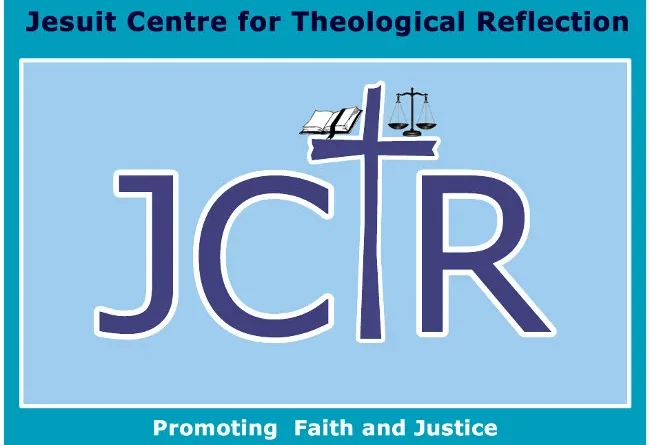Escalating Food Prices in Zambia: Urgent Call for Sustainable Solutions
The Jesuit Centre for Theological Reflection (JCTR) has reported a significant rise in the cost of living for Lusaka families, as revealed by the Basic Needs and Nutrition Basket (BNNB) for December 2024. For a family of five, the BNNB now stands at ZMW 10,833.47, reflecting an increase of ZMW 440.31 from November’s figure of ZMW 10,393.16.
This surge in prices has been driven by hikes in essential food and non-food items, with adverse weather conditions and rising production costs exacerbating the situation.
The government has declared the ongoing dry spell for the 2024/25 season a disaster, highlighting the growing impact of climate change on food production. Weather-related challenges, which have already inflated food prices in 2024, are expected to continue and worsen in 2025, leading to further food insecurity and rising costs for households.
Notable price increases include:
- Vegetables (40kg) rose by ZMW 188.73, from ZMW 537.15 to ZMW 725.88.
- Kapenta (1kg) saw a sharp increase of ZMW 144.19, now priced at ZMW 493.46.
- Mealie Meal (50kg) went up by ZMW 60.86, reaching ZMW 610.86. Other food items such as bananas, cooking oil, and eggs also experienced price hikes.
Non-food essentials have also become more expensive:
- Toilet paper (6 rolls) increased by ZMW 24.30 to ZMW 58.26.
- Sanitary towels (2 packs) rose by ZMW 3.78 to ZMW 41.28. However, there was a marginal price decline in charcoal (180kg), from ZMW 900.00 to ZMW 885.60.
These rising costs have placed immense pressure on families, particularly those with low incomes. Essential foods such as vegetables, mealie meal, and kapenta are staples in the Zambian diet, and their increased prices threaten the ability of many households to access adequate nutrition.
While the price of charcoal showed slight relief, the overall escalation of costs continues to stretch household budgets.
The JCTR has called on the government and other stakeholders to implement medium-term solutions to address the rising cost of living. Key recommendations include strengthening food security measures, such as fast-tracking irrigation projects and improving early warning systems for crop pests.
They also suggest reallocating the Constituency Development Fund (CDF) to prioritize agricultural infrastructure and community-level initiatives. Additionally, supporting agricultural production through clean energy solutions and providing timely distribution of farming inputs are crucial steps.
Expanding social protection programs, including cash transfer schemes and targeted subsidies, is also vital to cushion vulnerable households from price shocks. Furthermore, the development of post-harvest storage facilities would reduce food losses and improve market stability.
The JCTR emphasizes the need for immediate action to stabilize food prices and mitigate the impact of climate change on food security. A coordinated, long-term strategy is essential to protect the well-being of Zambian families and ensure sustainable solutions to the escalating cost of living.



